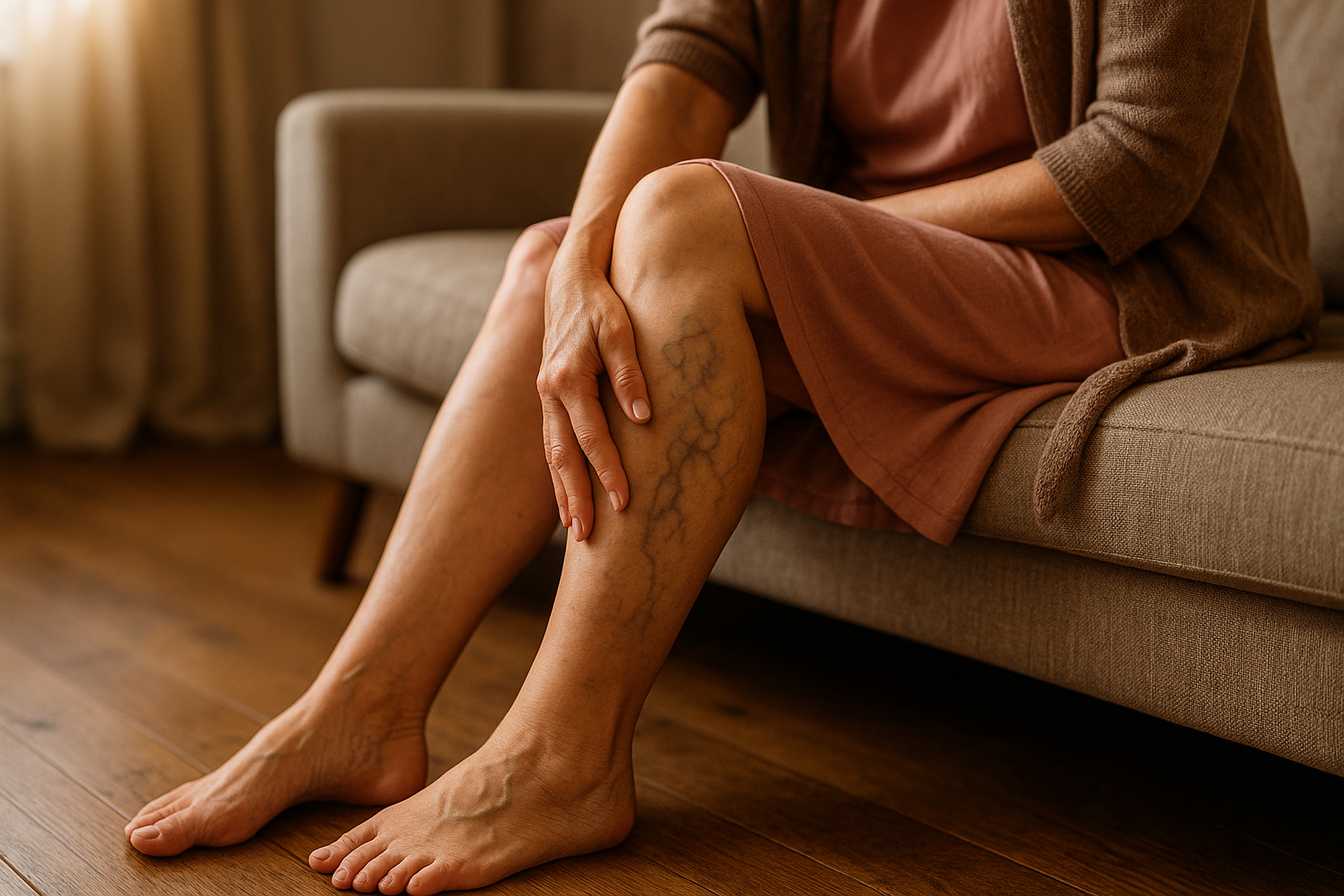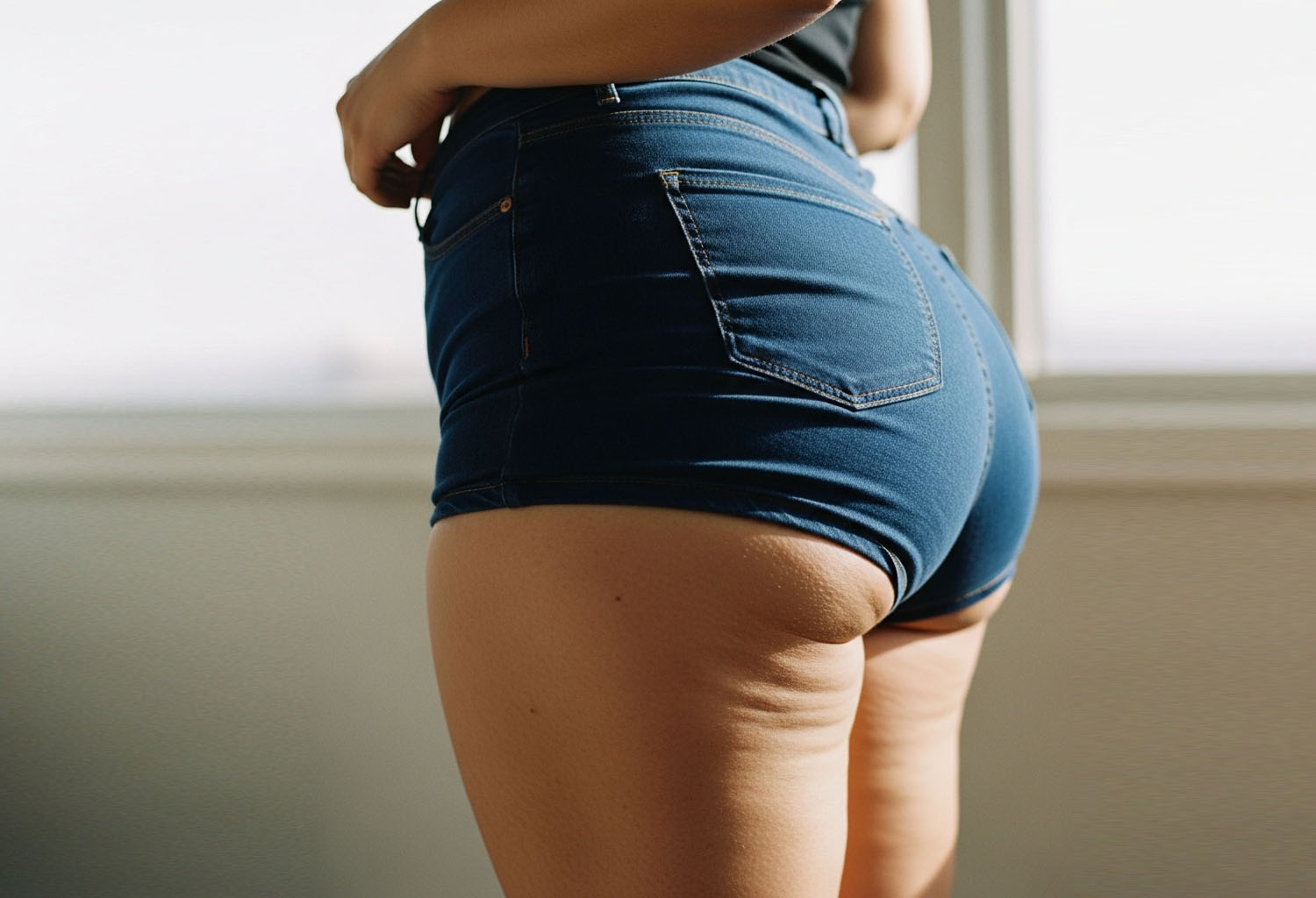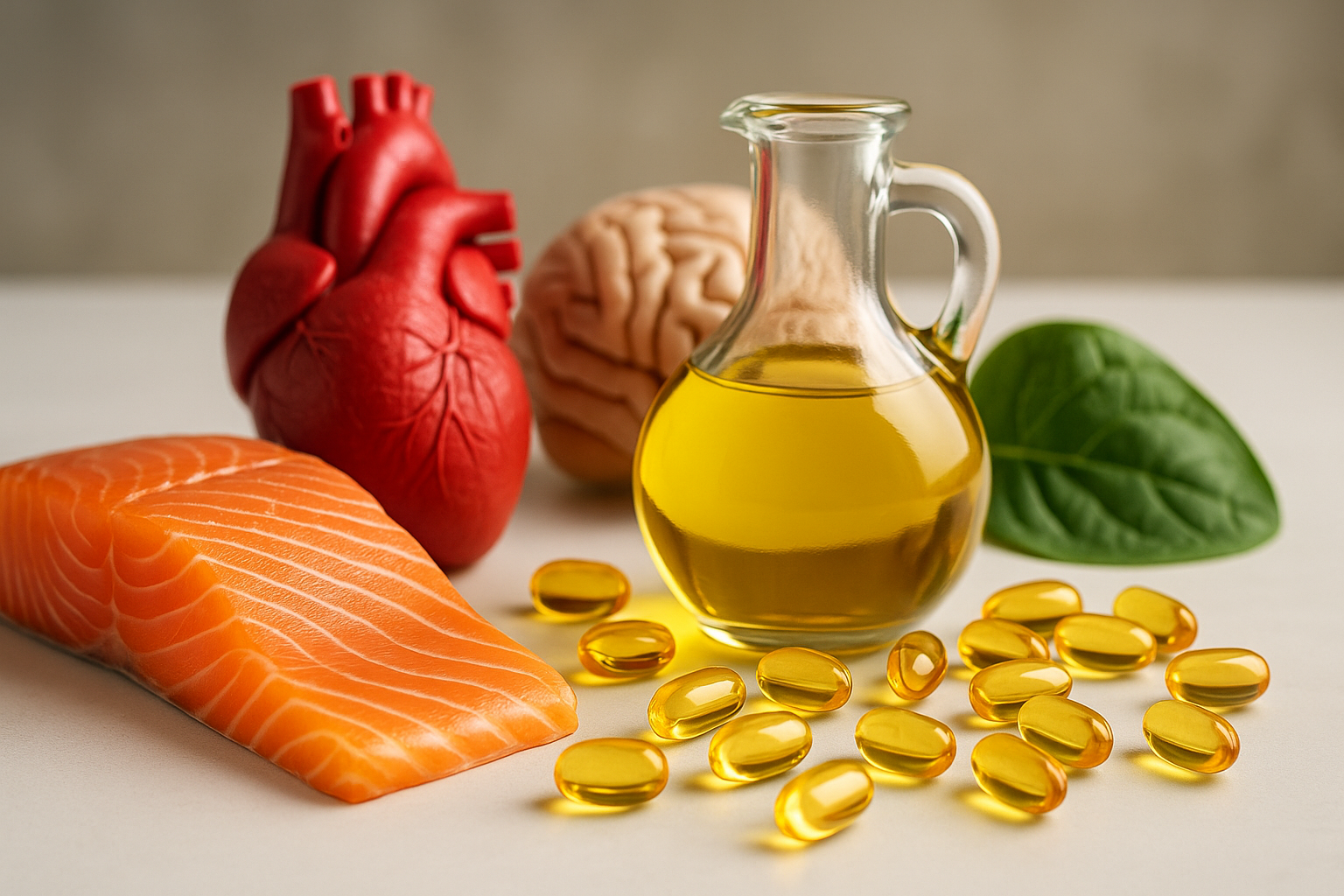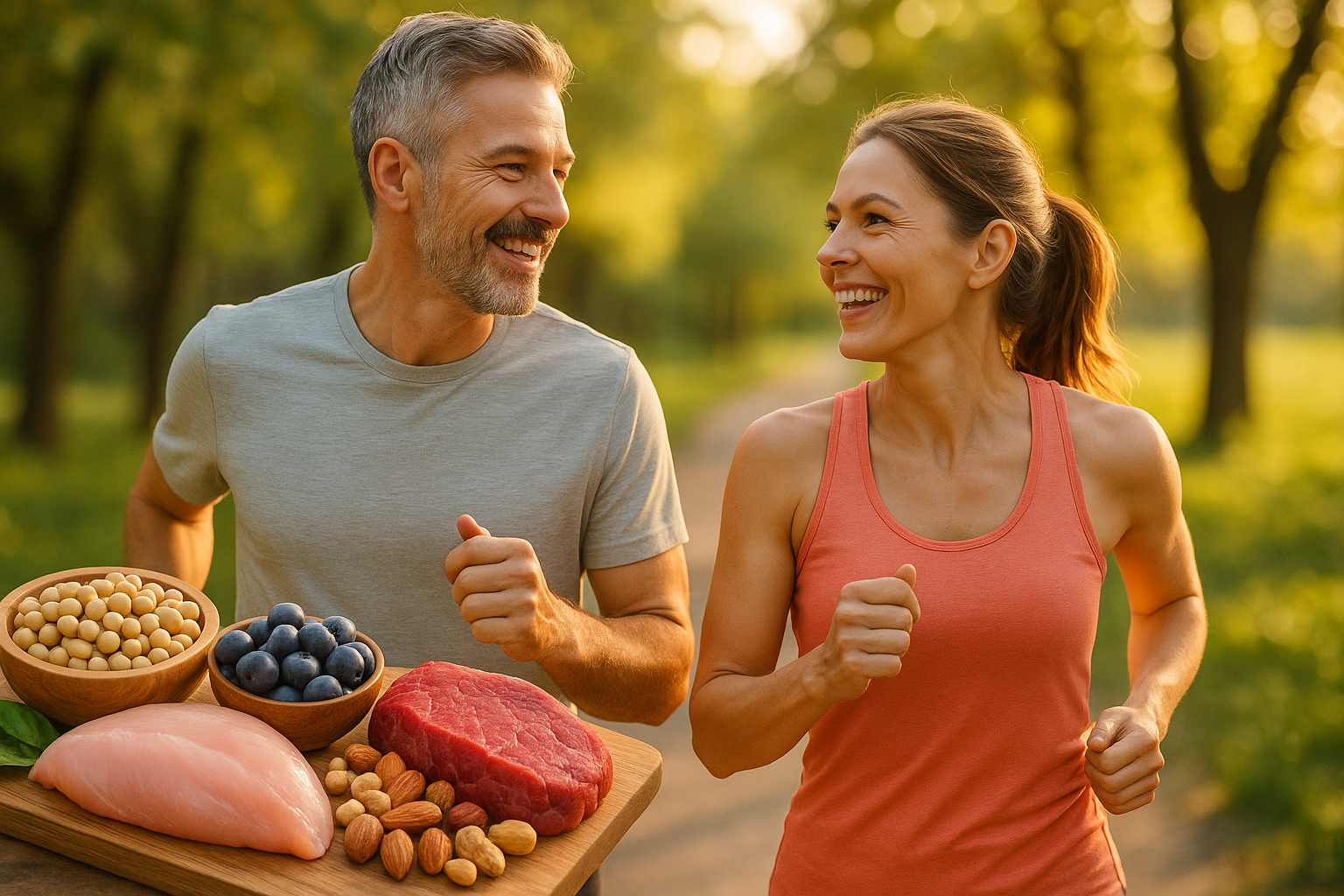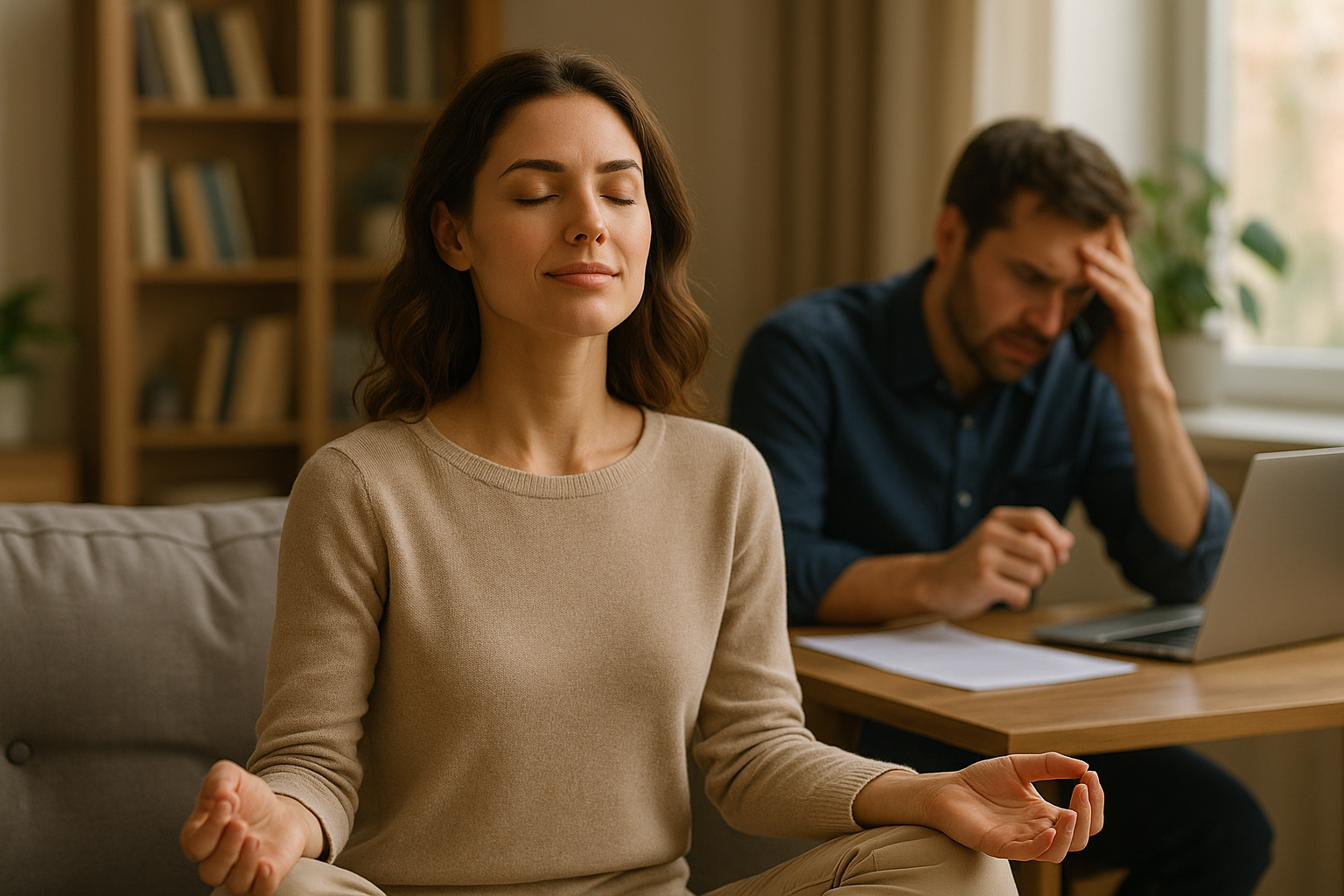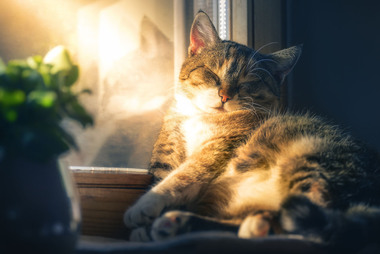
When spring comes, we feel the urge to get really active. The sun's rays and warmer temperatures finally entice us back into nature. Unfortunately, in many cases our body objects and nags us with the notorious spring fatigue. The body needs about two to four weeks to get used to it and establish a new balance between the "sleep hormone" melatonin and the "happiness hormone" serotonin. The answer to this unintentional sluggishness of our body should above all be: even more activity!
There is probably hardly a person in German-speaking countries who does not know the famous poem "Er ist's", better known as "Frühling lässt sein blaues Band". Most adults, in particular, will perhaps even be able to recite the short poem: "Spring lets its blue ribbon / Flutter again through the air; / Sweet, well-known scents / Streak forebodingly across the land. / Violets are already dreaming, / Want to come soon. / - Hark, from far away a soft harp sound! / Spring, yes it's you! / I have heard thee!"
Eduard Friedrich Mörike (1804 to 1875), a German lyricist of the Swabian School, narrator and translator. He was regarded as a sensitive, complicated person behind the mask of the idyllic with a tendency towards melancholy and hypochondria. This is not apparent in his probably most famous poem, "Er ist's": it is a beacon to spring with a great positive message. The whole country, the plants, the people are waiting for the beginning of spring and the end of the cold, wet and dark season. In 2021, the beginning of spring is above all also linked to the hope that the Corona pandemic can be brought more and more under control and that the restrictions on economic and social life will slowly but surely end. The blue ribbon of spring fluttering through the air symbolises movement and the dawn of a new phase of the year and of life in nature.
The imbalance of two hormones makes us tired
If that's not a very attractive prospect for us all to enjoy! We already feel the urge to get really active when the sun's rays and warmer temperatures finally entice us back into nature and there's no need to fight off the rain and snow with a coat, hat, gloves and umbrella! Unfortunately, in many cases our bodies object and nag us with the infamous spring fatigue. The body first has to get used to these higher temperatures again. The consequence for the organism: the blood vessels dilate, the blood pressure drops. And that makes us tired.
Doctors now also suspect that the imbalance of two hormones makes us tired. The two messenger substances are the "sleep hormone" melatonin and the "happiness hormone" serotonin. "Serotonin is responsible for activating the body and for good mood. This neurotransmitter is produced under the influence of light," explains private lecturer Dr Bernd Ahrens, a specialist in psychiatry and neurology from the TK-ÄrzteZentrum (Techniker Krankenkasse). "And melatonin ensures that we can sleep restfully at night," the doctor continues.
Springtime fatigue: concentration of melatonin in the blood is particularly high
It goes on to say: "In spring, the relationship between these two neurobiologically active components is thrown into disarray. The body needs about two to four weeks to get used to this and establish a new balance. And until this happens, some people are particularly tired, have circulation problems and suffer from headaches. As soon as the inner clock is adjusted again, the spring tiredness should subside again."
Or to put it another way: after the long winter months, the concentration of this so-called sleep hormone in the blood is particularly high. Usually we are particularly tired when it has already been warm for a few days. But it doesn't have to stay with one episode, after which the body gets used to the new situation. Tiredness can also occur several times in one spring if there are several warm-cold periods. Equally important according to the Techniker Krankenkasse: we should do without sunglasses in spring. The body also needs to absorb light via the retina of the eyes in order to produce serotonin.
The answer to this unintentional sluggishness of our body: even more activity! If you don't want to sleep through spring, you can't help but take advantage of all the opportunities in the great outdoors, soak up daylight, get plenty of exercise and get used to the temperatures. By the way, exercise is just as helpful in preventing springtime bouts of fatigue, from taking a walk to an individually adapted sports programme. This way you can start even in bad weather, whether on the treadmill in the gym, on the stepper at home or with an umbrella in the forest on a Sunday afternoon.
The Techniker Krankenkasse also advises increasing activity:
- Alternating showers and sauna visits train the blood vessels.
- Fresh fruit and vegetables support the metabolic processes (even if the stores are not exhausted - as previously assumed).
- Drink enough (approx. 1.5 to two litres) to prevent fatigue and concentration problems.
Vitamins B and D are particularly important
Also good as a supplement: natural vital substances. These can give the body the energy it needs to get going quickly in spring. A guarantor for this is the South American plant quinoa. Quinoa is not only an excellent source of protein, because it contains all nine essential amino acids. It also contains a considerable number of different nutrients and - depending on the extract - numerous B vitamins that bring fitness and energy back to normal. These include B1, B2, B3, B5, B6 and B12. Vitamins B and D are important for the functioning of our immune system and the formation of messenger substances. Vitamin B1, for example, is significant for obtaining energy from food, while vitamin D also benefits the bones.
Or jiaogulan, a plant species of the cucurbit family. It is found in the mountains of central China, is part of the daily diet of the people living there and has long been used as a medicinal plant in traditional Chinese medicine. What is striking is that the people there often live to a very old age; centenarians are not uncommon. That is why the Chinese also call Jiaogulan "Xiancao", which means "herb of immortality". Jiaogulan optimises the nutrient supply of all internal organs as well as heart performance. This results in optimal blood circulation. And what brings people so many years of life can do no harm in the fight against spring fatigue. By the way: The combination of quinoa and jiaogulan brings energy into the spring, conjures away tiredness and makes you feel awake and well when spring finally knocks!
* This text may contain translation errors as the translation was performed by an online translation tool.




